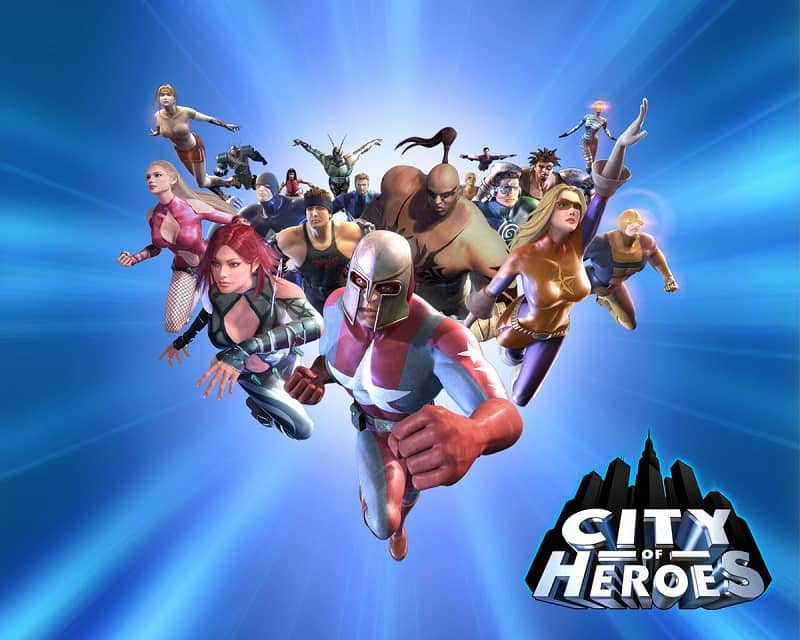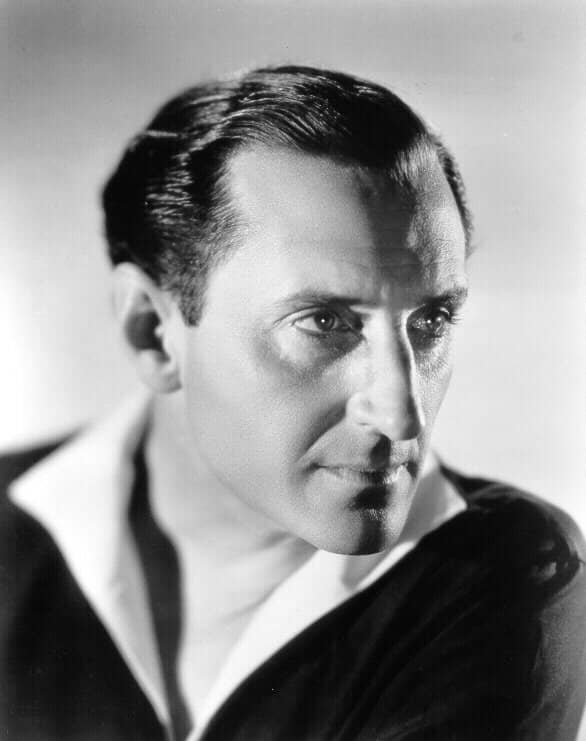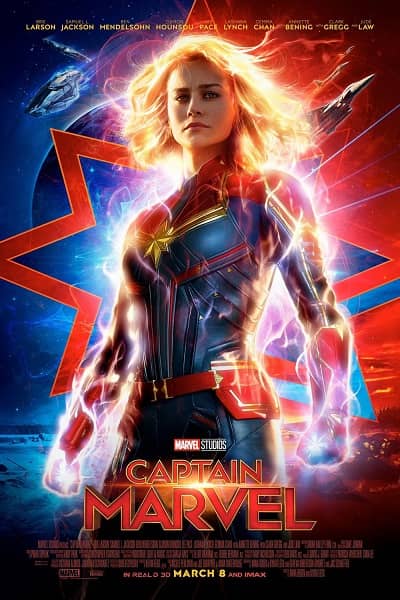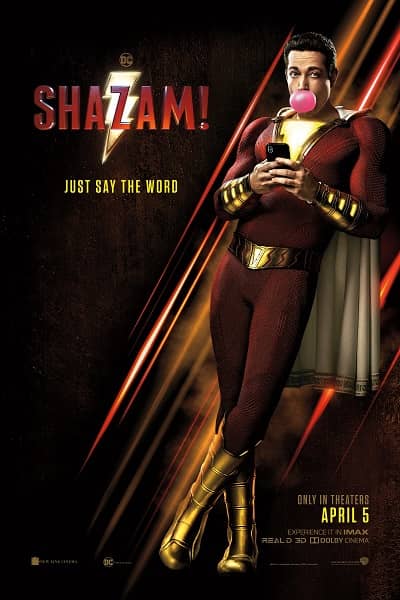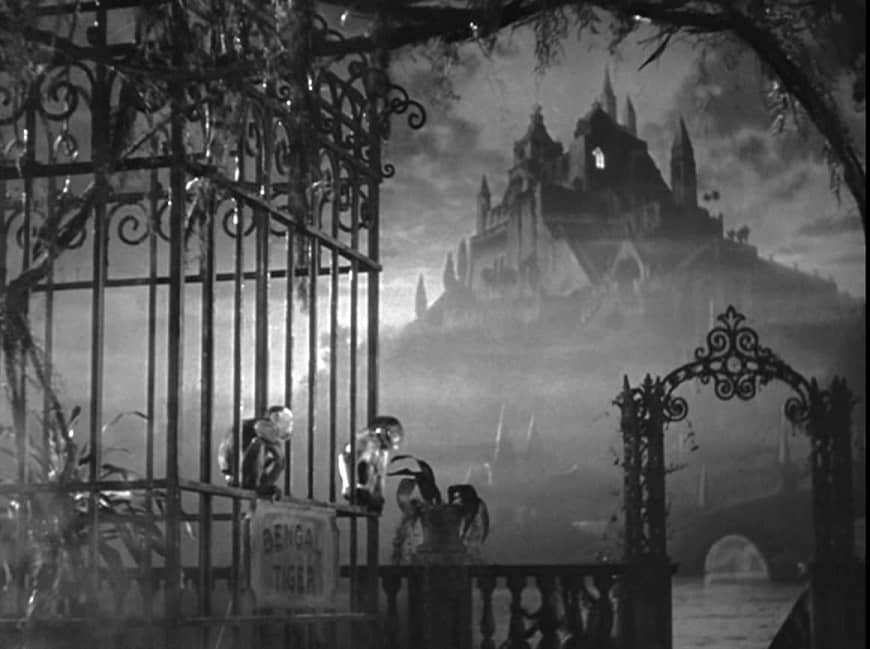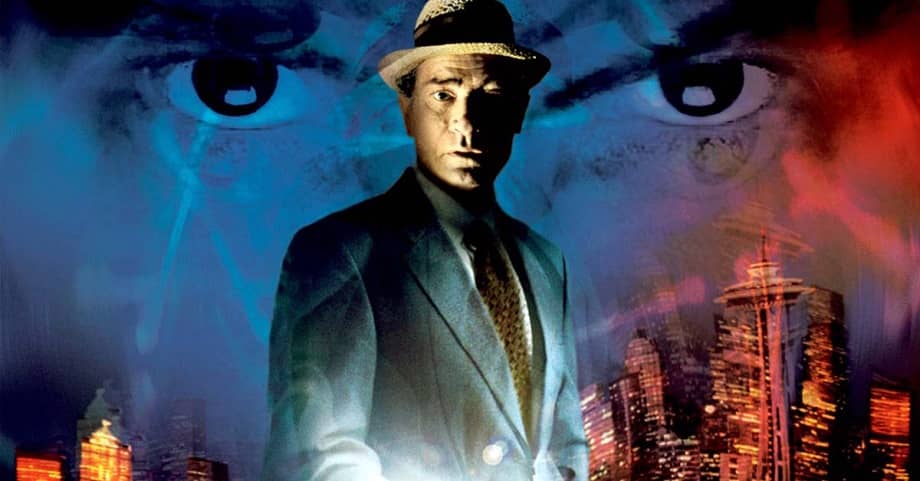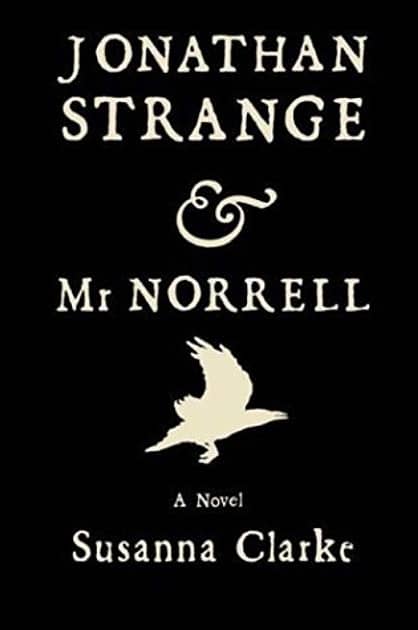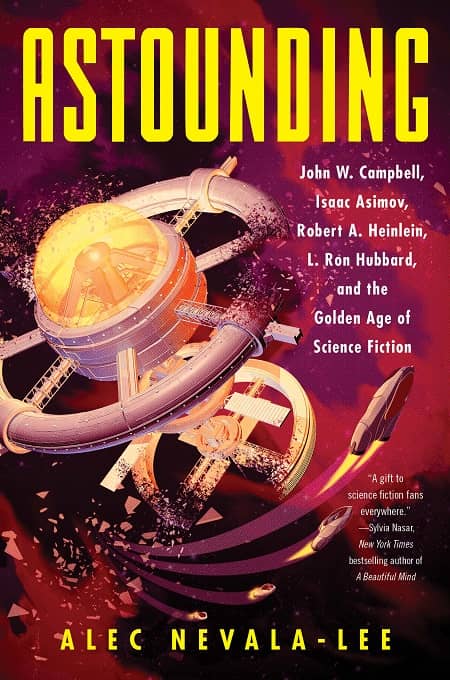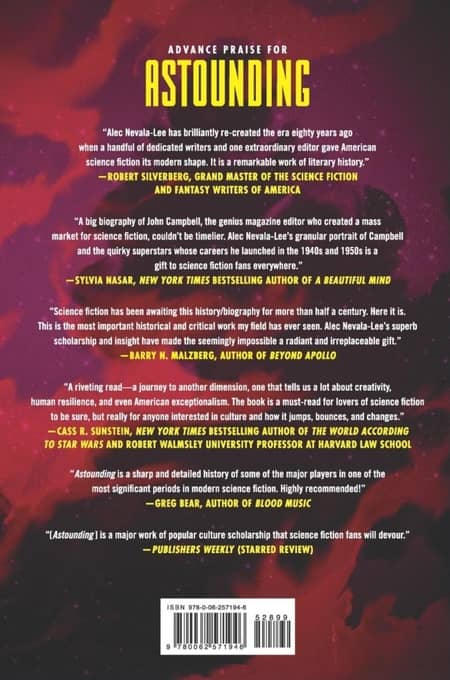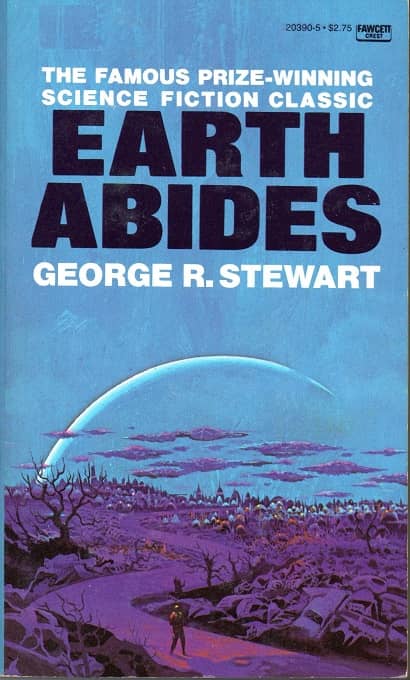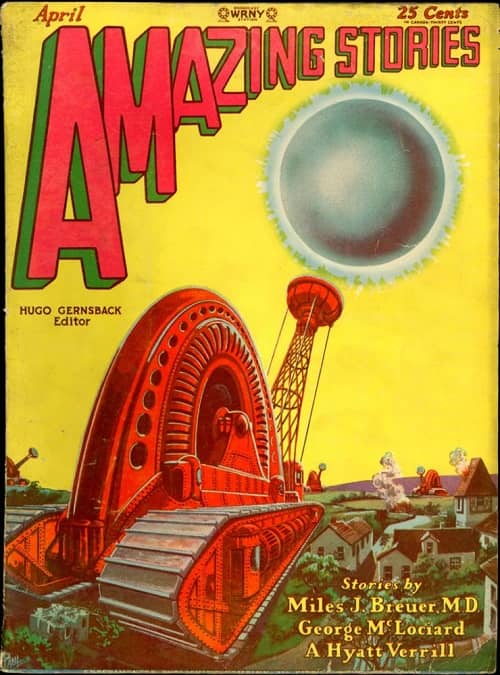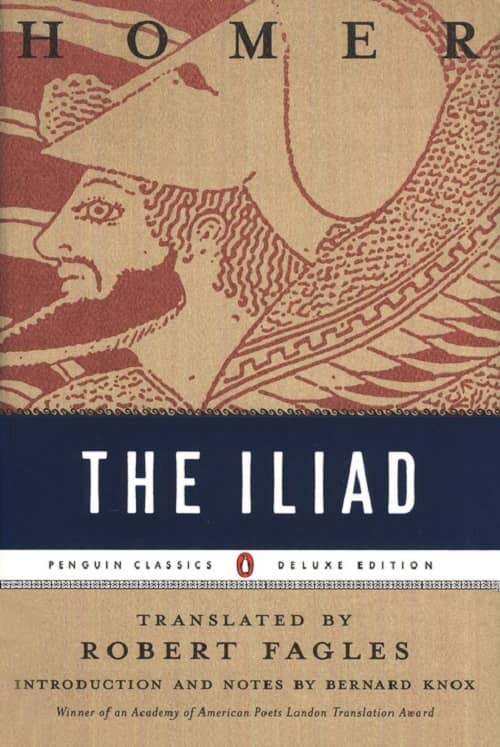Like a Phoenix from the Ashes, City of Heroes Returns!
In the world of superheroes, nothing is less permanent than death. Just ask Superman; his demise in 1992 was one of the biggest news stories of the year, at least for the kind of easily bamboozled person who doesn’t actually read comic books (like the editors of Time Magazine). The more sophisticated were not fooled however, and rightly so. Superman was only in the ground for a little longer than your average basketball season.
This being so, it should come as no surprise that an entire universe of heroes and villains should return to life almost seven years after completely vanishing in a cataclysmic climax that can still bring tears to the eyes of those who were there at the end, but an enormous surprise it was. The comic book immortality principle notwithstanding, it really did seem as if that universe, the world of Paragon City and the Rogue Isles and the alternate dimension of Praetoria, was truly gone forever. But if comic books can teach us anything, it’s that the impossible is possible and that for the brave and pure of heart, no defeat is final.
In other words, City of Heroes, the legendary and beloved superhero MMORPG (that’s Massively Multiplayer Online Role-Playing Game, a phrase even uglier and more graceless than its acronym), which ran from April 28th, 2004 until it was shut down by NCSOFT on November 30th, 2012, is back!
